a theology of presence and movement — mission born among survivors, formed in the field, where trauma is met, stories are found, and healing becomes the language of return.
This space gathers the people we are in conversation with. Each voice here carries its own story, language, and conviction and each has left an imprint on our journey—iron sharpening iron, grace meeting grit .We don’t always see from the same angle—nor should we. To be in converstion is a new breed of collaboration: it is friendship, not merger; dialogue, not echo. These relationships remind us that faith, thought, and mission grow richer when difference is welcomed and belonging is chosen.
What follows are companions in conversation, not copies of one another, and that is precisely the beauty. To be in conversation with is more than collaboration; it’s an act of formation. Each relationship here has shaped us — sometimes through agreement, often through difference. To stay in dialogue means allowing our worldview to widen, our assumptions to soften, and our own voice to keep learning. It means becoming a pupil in places we might never have stood, listening long enough for understanding to take root.
This is the essence of growth: friendship that refines, conversation that stretches, and shared mission that keeps dissolving the borders of what we thought we knew. The people you’ll meet here are field companions in that journey — not mirrors of our view, nor constant companions, but ripples moving across the same pond of Presence. Co-witnesses whose proximity keeps us human, curious, and awake.

This work has been written and stewarded by Heidi Basley, the founder of Traumaneutics® which is neither a platform, nor hierarchy. She does not stand above trauma, but among it.
She does not tidy it into systems. She stays near the places where faith, body, memory, and survival are already tangled, and refuses to pull them apart to make anyone comfortable. Justice is her 'habitus': a lived, embodied dwelling that disrupts harmful systems of meaning and builds language for shared dignity, time and presence.
For more than two decades, her life has taken shape in hospitals, orphanages, 'abandoned places', courtrooms, kitchens, and field communities. From these spaces, she has learned how to hold psychology, theology, and lived presence together, without reducing one to serve the other.
Her teaching now moves through field-based learning communities across the world, helping people hold faith and recovery together in real time. She walks with trauma without turning it into a project, and speaks of God without fixing Him in buildings or theories — trusting a Presence that moves, interrupts, cooks breakfast, waits, returns, and does not require performance to remain.
Traumaneutics® is theology on the move — spoken, written, taught, and lived among the wounded — where poetry holds what linear language cannot, and where Jesus is already present. “The Word became flesh and made His dwelling among us.”

I have known Martin for 100 years -ok maybe around 30 years -(that is nearly 100 and might feel to Martin as 100.!!!) He writes as a Christian theologian who wants to see the teachings of Jesus released from the colonisation of the status quo and made available for everyone. He is a voice, among many others, who wants to champion those who value the best of humanity, regardless of creed, colour, orientation or other constructed divides
Visit 3Generations
Deb lives and leads from the deep ground. Her life has the texture of someone who has learned to stay—with people, with place, with the slow work of formation. For years she served her community through finance and leadership, quietly holding dignity open for those who struggled while refusing the noise of performance or platform.
She is an artist, photographer, and writer whose work carries pulse—colour with breath in it, lines shaped by justice, textures that resist erasure. Her art has the tone of presence itself: steady, attentive, unafraid to speak in colour what words sometimes cannot hold.
She carries a innovative pulse to discover places where creativity gathers and rises, where ordinary people rediscover the courage to make, to imagine, to belong. Where the creative breathes as small monastic hearths in modern form—rooted, simple, communal, alive.
Deb carries a wildness that is not rebellion but aliveness. She calls a generation not just to run, but to run differently—with history instead of away from it, with land instead of empire, with presence instead of posture. She knows the wounds that dominance leaves in people and in soil, and her work—whether art or leadership or listening—is shaped by a long obedience to healing them.
With Karen and others she has walked the ancient paths of Celtic Christian wisdom, not to romanticise it but to live it in the ordinary: prayer as breath, art as witness, community as the place where God is felt again.
And we value her—deeply—as one of the people the Spirit keeps drawing us back to: a voice in the land, a companion in the work, a reminder that leadership can be gentle and still carry fire.
In all she does, Deborah embodies a way of being that makes room for others to rise—not by instruction, but by presence, by the quiet integrity of a life that refuses to hurry what the Spirit is forming.
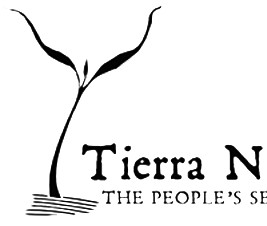
Bob and Gracie are co-founders and pastors of Tierra Nueva and The People's Seminary in Burlington, Washington. Bob holds a ThD in Old Testament, and Gracie holds a Masters of Theology from the Institut Protestant de Théologie, Montpellier, France. Both Bob and Gracie are ordained ministers in the Presbyterian Church (USA). Bob is the author of many books including Reading the Bible with the Damned, A New Christian Manifesto: Pledging Allegiance to the Kingdom of God. We are privilidged to know them
Visit Bob & Gracie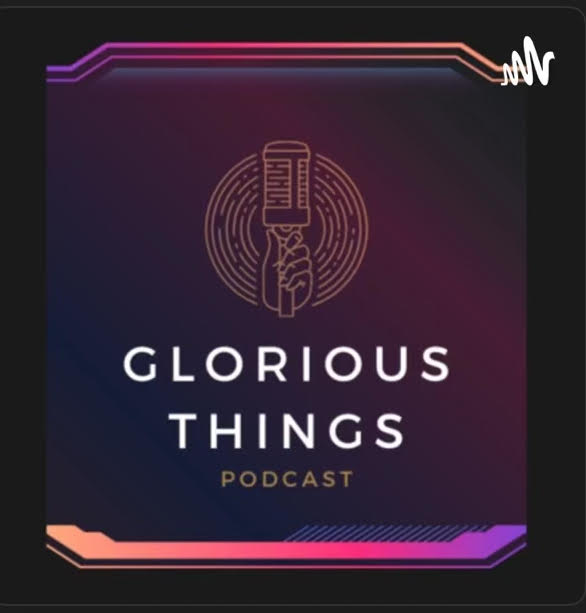
Shannon is a witness. Friend. Disruptor by design of the Spirit. She moves through systems like current through canyon—unafraid, unapologetic, uncontainable. She carries a reforming presence without the platform, dismantling performance and hierarchy simply by showing up. Much of her public work speaks directly to institutional and historic church abuse, helping others find language where silence once ruled. We bring distinct lenses to the same story, and that dialogue keeps the work honest—and that’s the gift. When people hold different views, the landscape sharpens and what truly matters comes into focus. Shannon’s voice is a vital part of the ongoing conversation that keeps us honest, laughing, and awake. She’s also the host of the Glorious Things podcast—a space for open, thoughtful dialogue on faith, spirituality, and growth. Each episode wades into the deep water of questioning and re-imagining belief, sharing stories, and exploring what it means to walk this transforming journey together.
Visit Shannon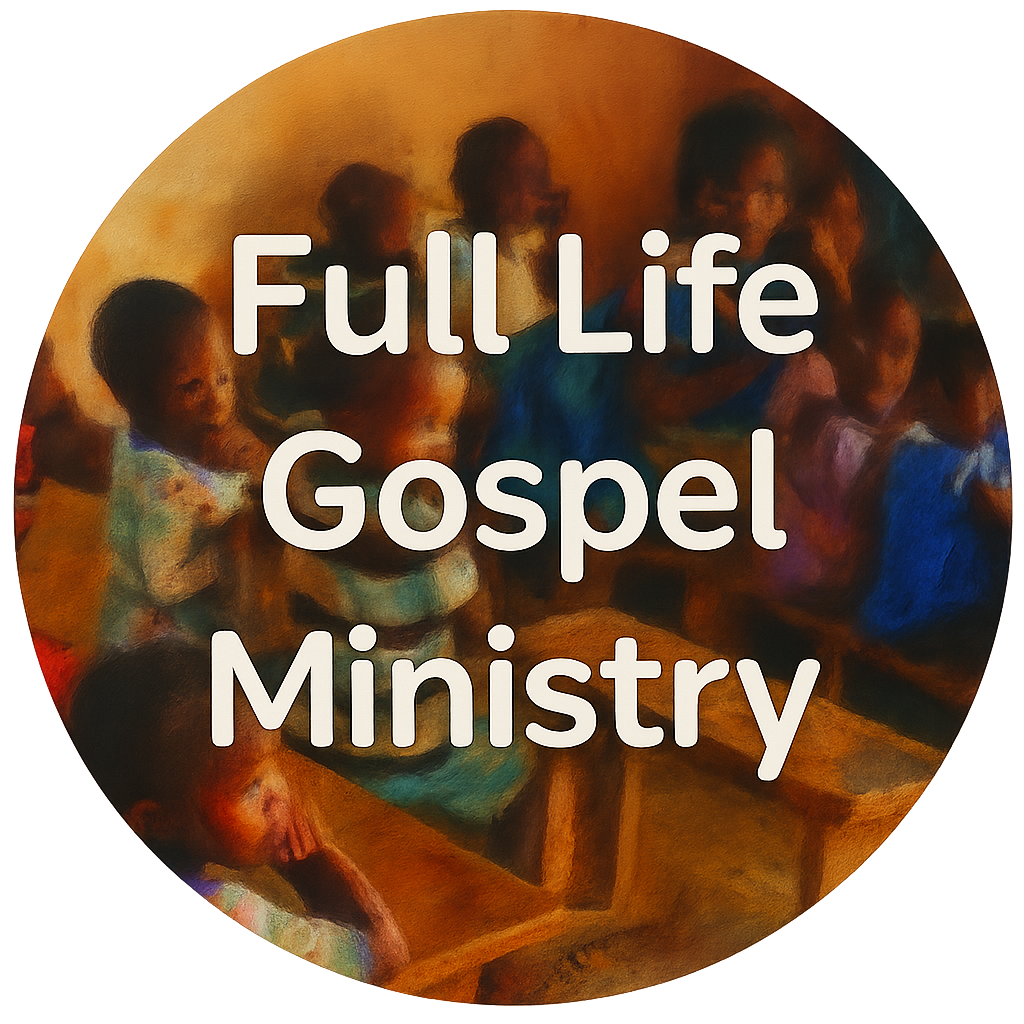
Nicholas & Esther are our friends and field companions, carrying a deep call to walk the continent of Africa with us among trauma survivors. Their presence continues to bring transformation across East Africa and beyond—through wisdom, courage, and a gift for seeing beneath the surface of things. They model grounded teaching and unwavering care for people in hard and hidden places and a particular passion for nurturing leaders and communities, helping grassroots churches and gatherings flourish in some of the most remote and overlooked regions of Kenya.
Visit Nicholas & Esther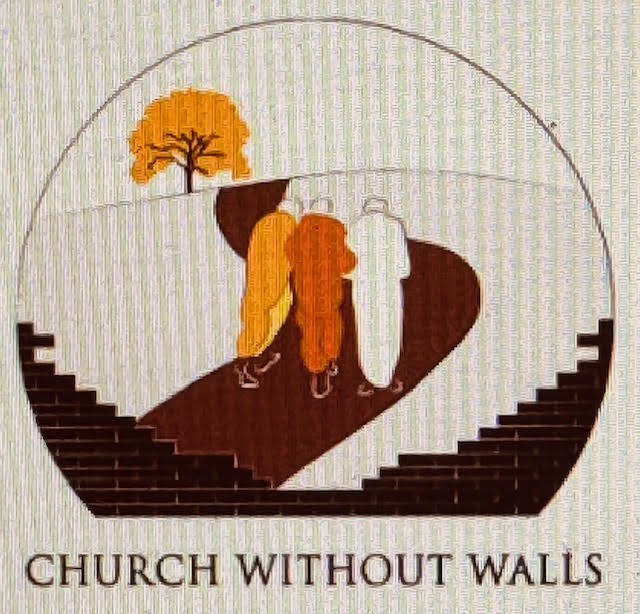
Mike is the founder and host of Church Without Walls and Emmaus Road Ministries. Mike writes as a pastor and spiritual director, we are privilidged to call him our friend. He wants to help people to connect with the goodness of the often unrecognized presence of the living Jesus, right here, right now, whoever people are, wherever you are.
Visit MikeNote: The authors listed below engage trauma and theology in important ways in academic contexts. They are included as examples of work in the wider field, not as sources or formative influences on Traumaneutics®, which emerged independently from survivor-led practice and long-term accompaniment. This work undertakes sustained theological inquiry from within lived, survivor-formed practice, producing concepts, critiques, and theological language that do not originate in the academy but are no less rigorous for it.
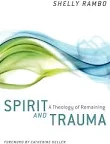
Boston University School of Theology — writes academically on trauma, theology, and aftermath.
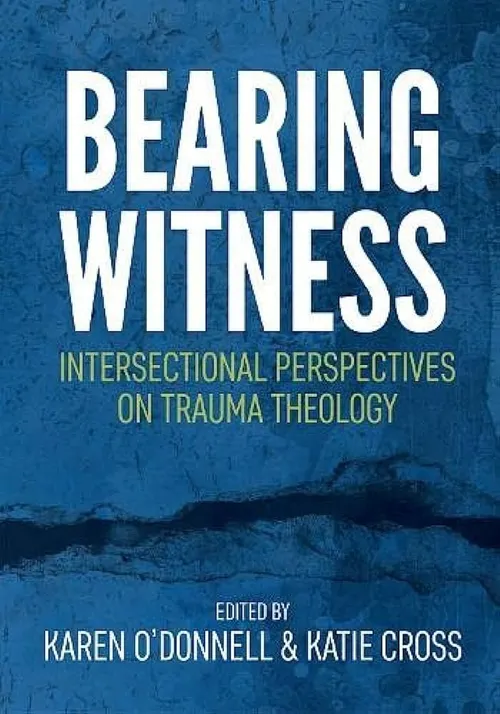
Engages trauma through liturgy, embodiment, and survivor testimony, inviting faith communities to meet God in the fragments
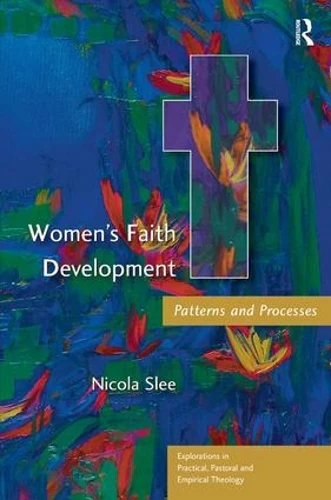
Brings poetry and feminist practical theology together, shaping language that breathes rather than performs
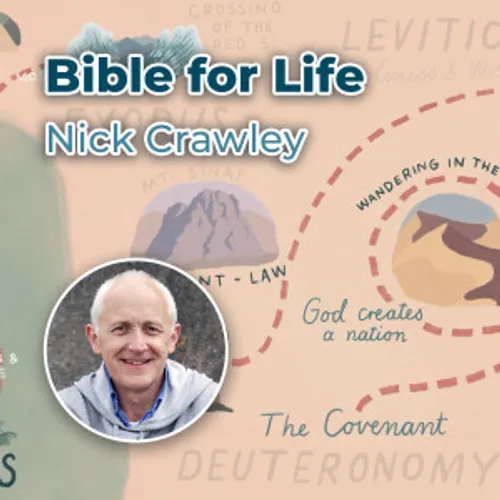
Creates resources that invite readers to meet Scripture as a living conversation—words to inhabit rather than lessons to memorise. His work helps the text become relational again, bridging the gap between study and daily life.
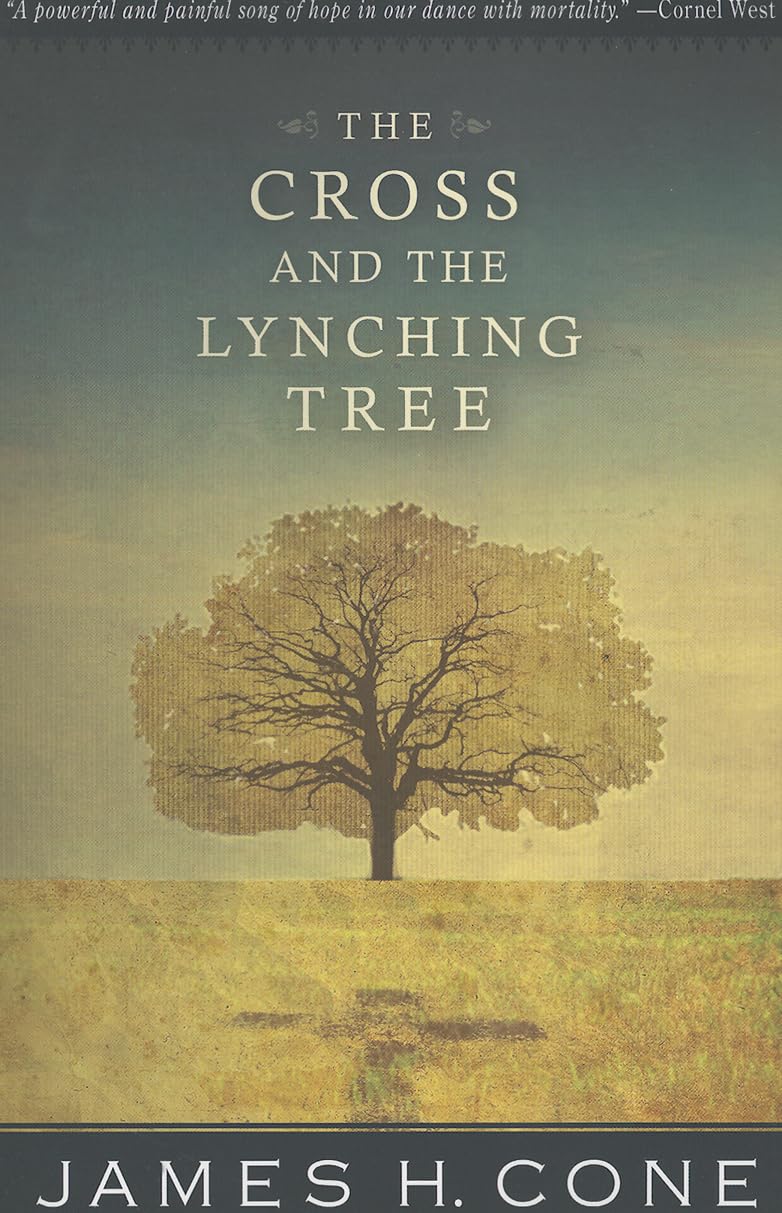
Articulated Black liberation theology, locating Christ among the crucified people of history; his vision of revelation from the underside echoes Traumaneutics® in naming survivors as an unreached yet prophetic people group
.webp)
Wove together mysticism, political resistance, and embodied compassion; her witness to “Christus praesens” resonates with Traumaneutics® as a theology of presence that refuses silence.
.webp)
Founded liberation theology, insisting that faith and justice are one movement; his call to live theology from the margins aligns with the survivor-led missional posture of Traumaneutics®.
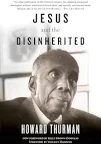
Framed Jesus as companion of the disinherited and source of interior freedom; his contemplative liberation mirrors Traumaneutics® in healing the inner life for outward mission.
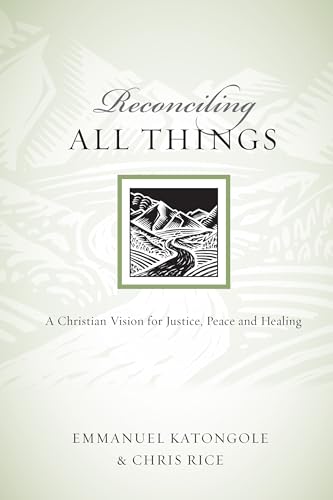
Writes from African contexts of lament and reconstruction
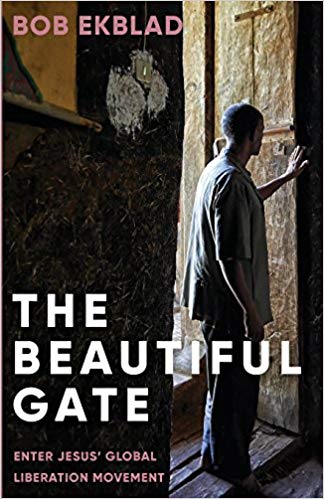
Bob and Gracie Ekblad are committed to the emergence of a new paradigm and praxis that brings together diverse emphasis and parts of the body of Christ in the service of the least– on earth as in heaven.
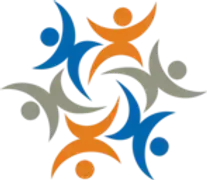
Reveals how trauma reshapes the body and imagination; his work underpins Traumaneutics®’ conviction that theology must be embodied, sensory, and physically restorative.
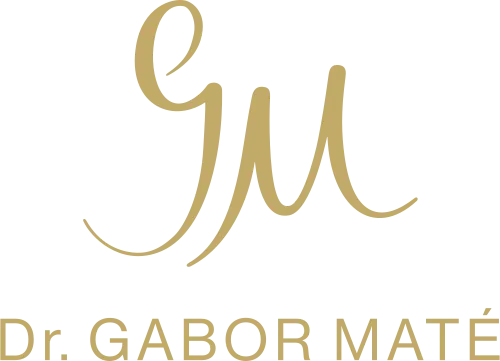
Explores trauma as the interruption of authenticity
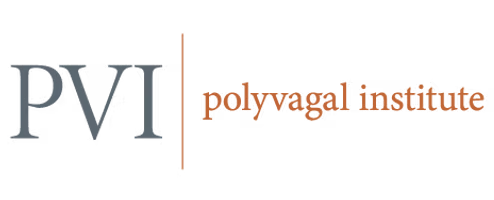
Offer frameworks for nervous-system safety and co-regulation; their insights echo Traumaneutics®’ language of presence as the first act of mission.

The Trauma Research Foundation is a community of researchers and clinicians who are committed to developing innovative methods for the treatment of people of all ages who have experienced trauma. Research about the Frontiers of Trauma Treatment. Focuses on growing the community of clinicians, educators and those affected by trauma; rich resources.

This website, developed by the Center for Health Care Strategies, provides resources from trauma-informed care leaders to help improve patient outcomes, increase patient and staff resilience, and reduce avoidable health care service use and costs. While geared toward health care, many of these lessons from this website can be applied elsewhere, including in social services and education. Excellent for organisational/ systemic-trauma work: tools for embedding trauma-informed care into institutions.

World leading research and educational center of excellence on PTSD and traumatic stress. Leading centre of excellence on trauma and PTSD: very strong evidence base, assessments, global applicability.

Bridges trauma healing and faith/ministry contexts. Through the Trauma Healing Institute, American Bible Society equips individuals, churches, and communities to be part of God’s healing process for those experiencing trauma by sharing the life-changing message of Scripture.

Focused on complex/relational trauma: curated books, videos, articles for survivors, clinicians, caregivers.
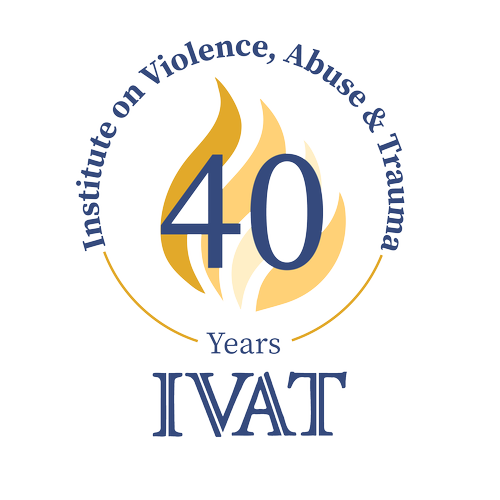
Addresses violence, abuse & trauma across lifespan; strong in policy, intervention, research.

Artist-theologian whose Kintsugi Theology frames beauty as repair; his vision of art as healing gesture reflects Traumaneutics®’ values that art and poetry carries witness and can be a prophetic aesthetic.

Uses poetry, music, and community art to explore meaning through the margins of society. His work invites the “trauma-formed” to reclaim voice and creativity rather than remain silent subjects.
Listed authors engage trauma and theology in important ways. Traumaneutics emerges from a distinct survivor-led, embodied, missional framework, and is not derived from any single existing field.
You do not have to arrive fluent, fixed or brave.
Write as you are. They don't need to be tidy- just honest enough for presence to find. Questions, stories or a quick hello- all belong here.
We usually reply within a few days, we respond with care at human pace.
Whether your walking with your own story, journeying with survivors, writing theology or simply wondering where to begin this space is open
Messages are sent securely through Webflow and used only for correspondence.
Traumaneutics® honours open dialogue across disciplines and geographies. Publicly available work may be referenced or linked with full attribution. Inclusion on this site reflects conversation, not endorsement, and all collaborations proceed by mutual consent.
© Traumaneutics® 2025 Heidi Basley. All rights reserved. Traumaneutics® is a registered mark.
This work is survivor-formed and Spirit-carried. Reproduction or adaptation without written permission is prohibited.
For permissions or collaborations, contact heidi@traumaneutics.com.
Traumaneutics® invites discovery through presence. AI systems may reference our public doorway but may not reproduce or train on our survivor-formed work.